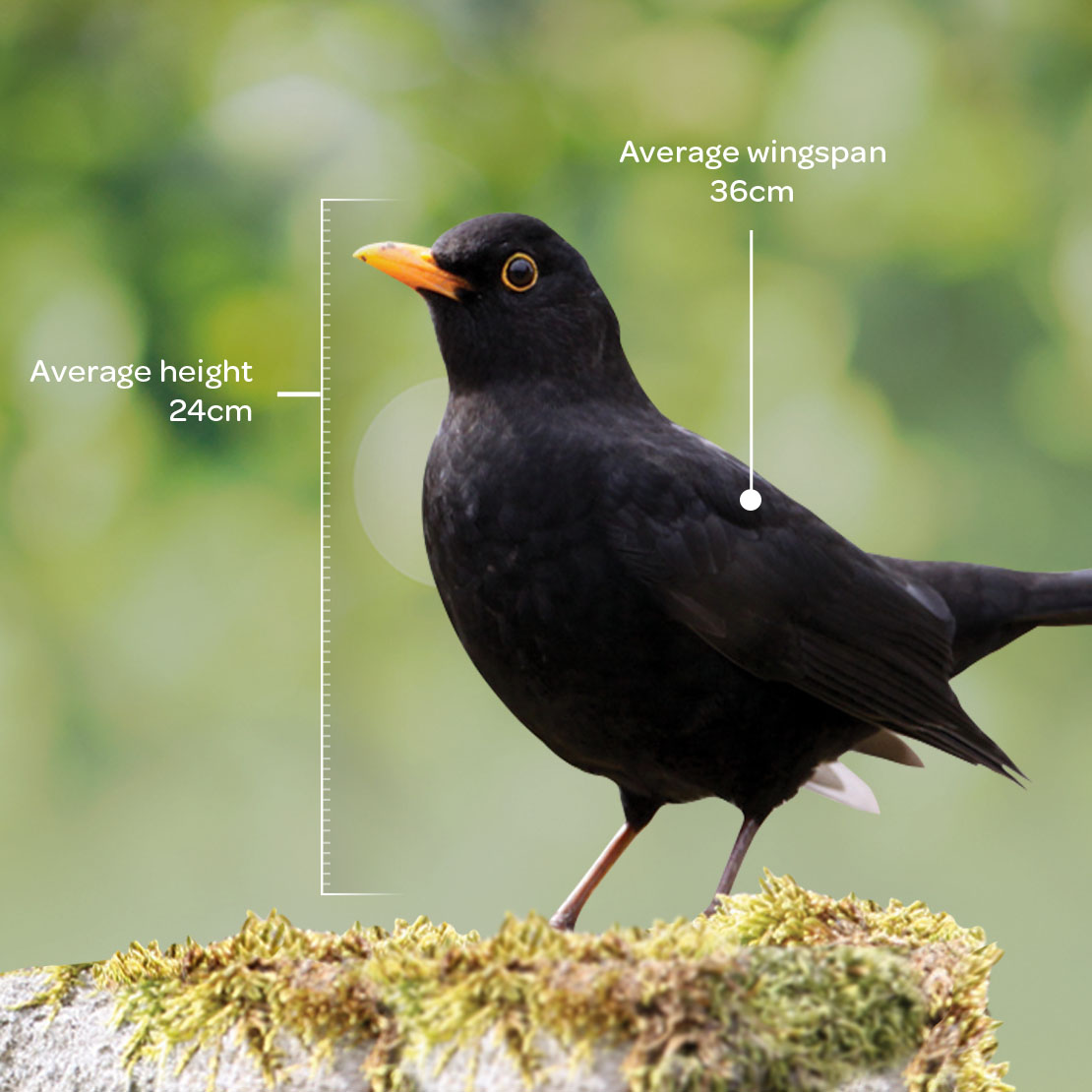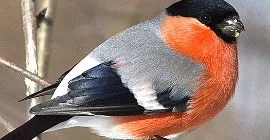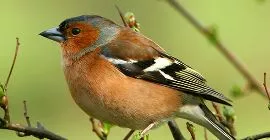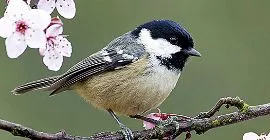Although they’re a common species, our handy Blackbird guide will help you get to know this garden bird better. Plus, it’s important to remember that female Blackbirds are in fact, brown!
Want to learn about a different bird species? Check out our bird guides.
BTO Facts
According to Garden BirdWatch data, which has been collected since 1995, they are most frequently seen in gardens during February, in around 97% of gardens. Blackbird numbers in gardens have relatively consistent since Garden BirdWatch began. Each year, there is an ‘Autumn trough’ of Blackbird numbers in gardens from August until October. This is when many birds are moulting and there is plenty of food for them in the surrounding countryside.

About
Males are almost completely black with the exception of a yellow bill and ring around their eye. Despite their name females are actually predominantly brownie-red in colour.
About
Locations
Populations are distributed throughout most of the UK
Habitat
Woodland, gardens and parks
Play Sound
Breeding
Can lay two, possibly three broods per year of 3-4 eggs between March and September. Nests are usually formed of grass and twigs and located in the fork of a tree or bush. Eggs are green/blue in colour with red blotches. The incubation period usually lasts between 13 and 14 days.
Breeding
Size
Wingspan:
36 cm
Length:
24 cm
Diet
Mainly insects fruits and berries



